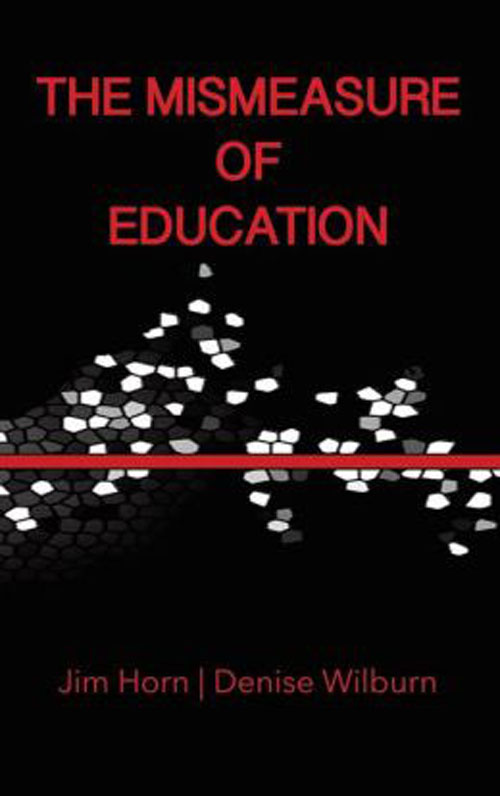The Racist Origins of Standardized Testing
Excerpt from Part 1 of The Mismeasure of Education:

Zealots for the Elimination of Waste
The educational significance of the results to be obtained from careful measurements of the intelligence of children can hardly be overestimated. Questions relating to the choice of studies, vocational guidance, schoolroom procedure, the grading of pupils, promotional schemes, the study of the retardation of children in the schools, juvenile delinquency, and the proper handling of subnormals on the one hand and gifted children on the other—all alike acquire new meaning and significance when viewed in the light of the measurement of intelligence as outlined in this volume . . . . More than all other forms of data combined, such tests give the necessary information from which a pupil’s possibilities of future mental growth can be foretold, and upon which his further education can be most profitably directed. –Elwood P. Cubberley, from foreword for Terman’s The Measurement of Intelligence, 1916 (p. viii).
Following the importation of British statistical procedures by American psychologist Edward Thorndike in 1903, “standards of deviation and correlations of coefficients were in the air” (Rugg, 1975, p. 295) by 1910, so much so that the study of education, which was preoccupied with becoming the newest of the social sciences, henceforth, would be driven by the urge to quantify and tabulate all aspects of schooling, as noted here in Harold Rugg’s summary of developments in the early 20th Century:
The steps by which the new educational measurers began to apply methods of research to the study of the curriculum were: first, the construction and use of tests in arithmetic, spelling, language, algebra, etc.: second, the inventory of the current curriculum by the tabular analysis of “courses” of study and textbooks: third, the determination of socially worth while skills and knowledge by the tabulation of actual human activities; fourth, . . . the careful determination of trends in social development, the chief institutions and problems of contemporary life, standards of appreciation, etc. (p. 296).
Accompanied, too, by hopes that scientific quantification could make social problems efficiently manageable, something new called intelligence testing was seen as a godsend toward achieving the task, despite the fact that inventors of intelligence tests had something else in mind. When Alfred Binet, for Schools Matter: The Racist Origins of Standardized Testing:
